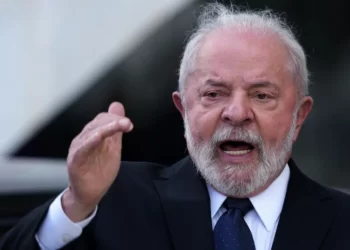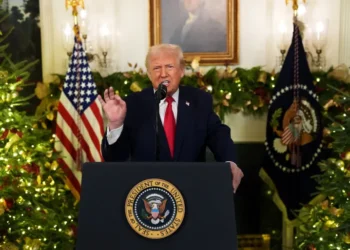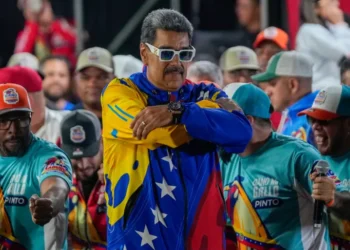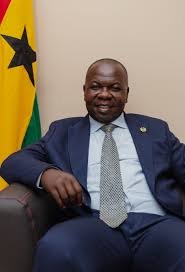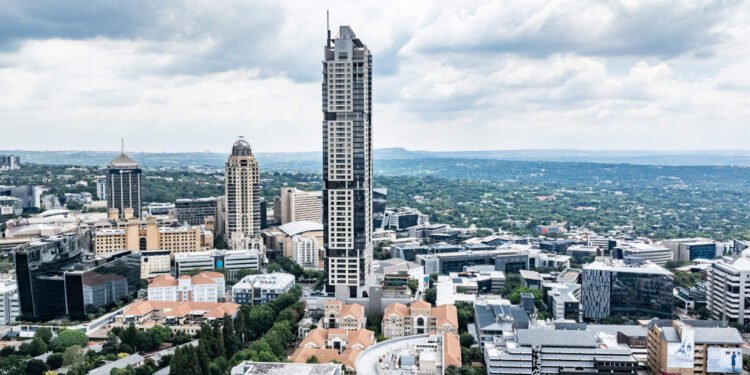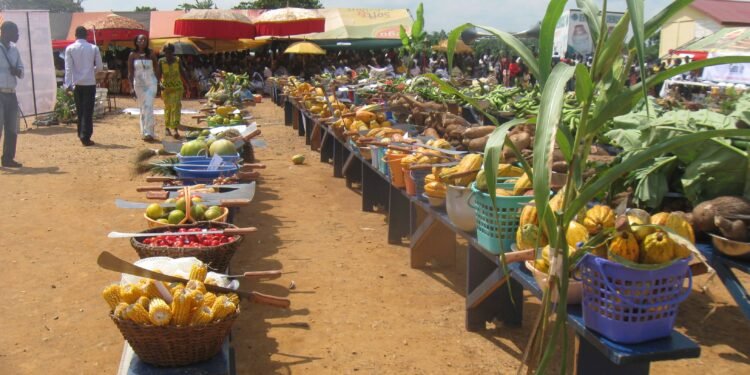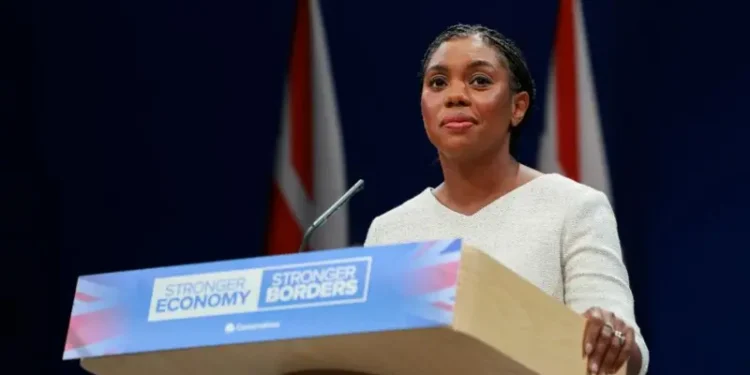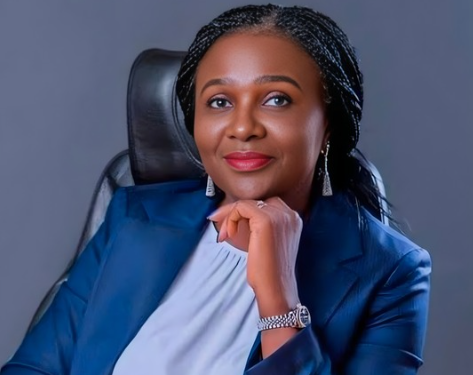US-based senior Chinese diplomats will be required to seek US government permission to engage in a number of routine activities, Secretary of State Mike Pompeo announced Wednesday, the latest escalation amid worsening tensions between Washington and Beijing.
The top US diplomat said that the “State Department has established a mechanism requiring approval for senior Chinese diplomats in the United States to visit university campuses and to meet with local government officials.”
“Cultural events with groups larger than 50 people hosted by the Chinese embassy and consular posts outside our mission properties will also require our approval,” Pompeo said at a news conference at the State Department. “Additionally, we’re taking further steps to ensure that all official PRC embassy and consular social media accounts are properly identified as government accounts, Chinese government accounts.”
As with other recent actions against China, Pompeo claimed the administration had undertaken the move in the name of reciprocity.
“We’re simply demanding reciprocity. Access for our diplomats in China should be reflective of the access that Chinese diplomats in the United States have, and today’s steps will move us substantially in that direction,” he said.
In a separate written statement, he added, “Should the PRC eliminate the restrictions imposed on U.S. diplomats, we stand ready to reciprocate.”
It is the latest U.S. step to curb Chinese activity in the United States in the run-up to the November presidential election, in which President Donald Trump has made a tough approach to China, a key foreign policy platform.
China’s Washington embassy called the move “yet another unjustified restriction and barrier on Chinese diplomatic and consular personnel” that “runs counter to the self-proclaimed values of openness and freedom of the U.S. side.”
Pompeo also said the State Department had written recently to the governing boards of U.S. universities alerting them to threats posed by the Chinese Communist Party.
“These threats can come in the form of illicit funding for research, intellectual property theft, intimidation of foreign students and opaque talent recruitment efforts,” Pompeo said.
He added universities could help ensure they had clean investments and endowment funds by disclosing Chinese firms in such funds and dropping those connected to human rights abuses.

The announcement escalates a previous move from last October, which required Chinese diplomats to report in advance any official meetings and visits with state officials, local and municipal offices, educational institutions, and research institutions in response to restrictions faced by American diplomats in China.
Last month, the State Department designated a Chinese cultural and educational institution, the Confucius Institute US Centre, as a foreign mission.
Earlier this year, they designated a number of Chinese media organizations as foreign diplomatic missions, arguing that they are under the control of the Chinese Communist Party.
China has expelled journalists from The New York Times, The Wall Street Journal and The Washington Post.
The US also ordered Beijing to shutter its consulate in Houston in July after US officials alleged it was part of a larger Chinese espionage effort using diplomatic facilities around the country.
In response, the Chinese government ordered the closure of the US consulate in Chengdu.




